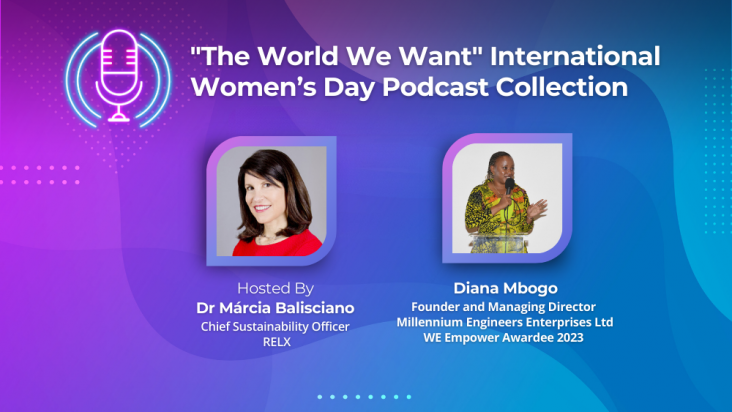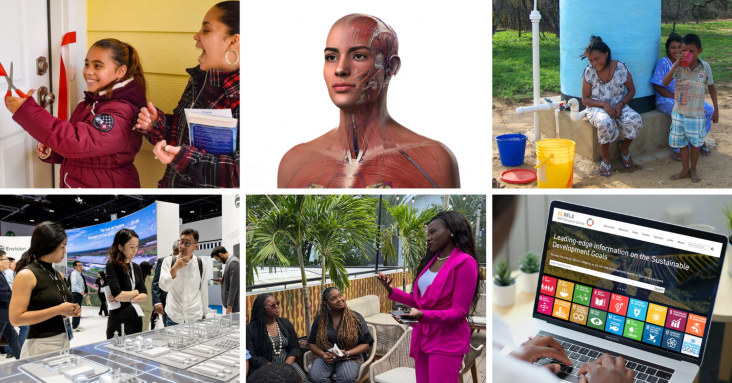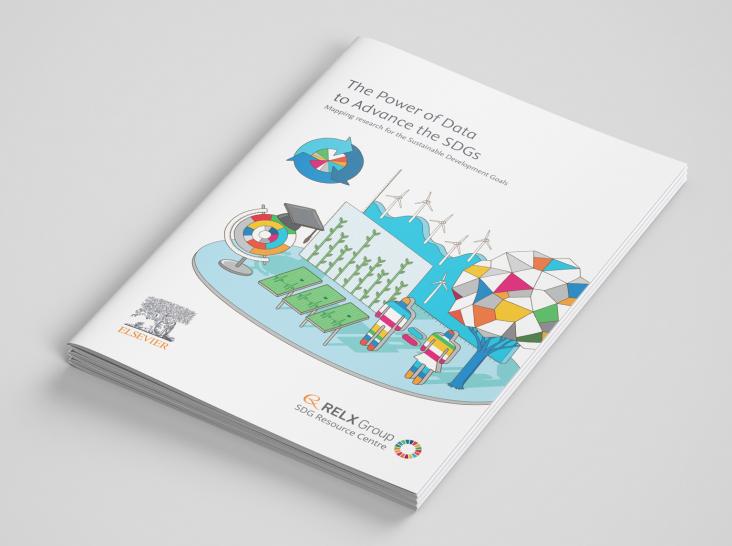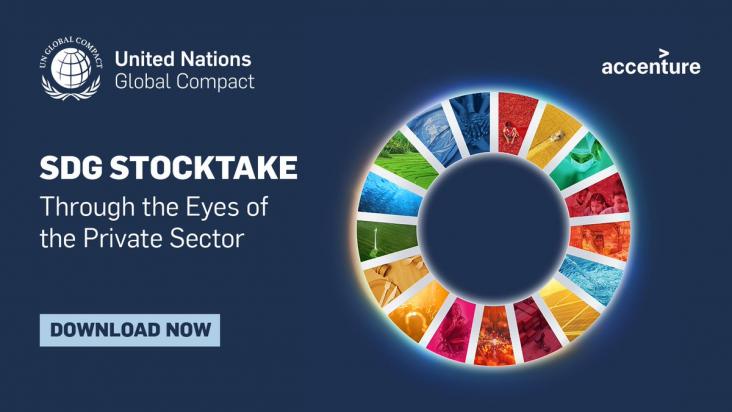
In this special edition of "The World We Want," Márcia Balisciano interviews Diana Mbogo, the Founder and Managing Director of Millennium Engineers in Tanzania. Diana, an award-winning entrepreneur, focuses on renewable energy solutions and is currently implementing the Sardine Fishing Industry Business Project. The project aims to transition the traditional, environmentally harmful methods of the sardine fishing industry toward more sustainable practices using solar drying facilities. Diana emphasises the critical connection between access to energy, particularly for women, and the broader goal of achieving the United Nations Sustainable Development Goals. Throughout the discussion, Diana shares her journey, challenges, and the transformative impact of her work on communities, highlighting the positive changes brought about by her innovative approach to the sardine industry.
This study investigates the factors that influence travelers' intentions toward animal ethics in tourism and makes a significant contribution to methodological approaches and the body of knowledge in animal ethics in tourism.
The paper demonstrates the importance of a cross-sectoral approach in conservation planning to mitigate the impacts of industrial activities such as fishing, shipping, and deep-sea mining on biodiversity in the open ocean, offering a cost-effective solution for achieving conservation targets and promoting sustainable management in the face of "blue acceleration".
The solvents used during the production of heparin cause air and water pollution. One of the steps to achieve sustainable kidney care is to find a green alternative to heparin.

As we pass the halfway point for the SDGs, many of the goals are worryingly off track and progress on 85% of the target indicators has stalled or even reversed. Through our information, products and people, RELX remains committed to advancing the Goals. Here are some of the ways that we continue to support their achievement.

Access to information is critical in achieving the SDGs - empowering the public to make decisions, informing policy making and enabling effective implementation and monitoring. RELX businesses regularly produce and publish free to download reports and analytics that draw upon vast amounts of information and data in support of the SDGs. Explore some of the reports and tools developed to date.

The United Nations Global Compact-Accenture Global Private Sector Stock take report report offers an appraisal of private sector contributions to the SDGs so far and outlines a clear pathway for private sector action over the next seven years.
This chapter advances the UN SDG goals 11 and 12 by reviewing the economic importance of biodiversity and the services that it provides to the rest of the economy, then considering the policy options available for better conservation of biodiversity.
The annual UN Climate Change Conference advances climate talks, mobilizes action, and can provide a significant opportunity to look at the impacts of climate change as well as innovation and solutions globally. Elsevier is pleased to highlight a large number of freely accessible journal articles and book chapters to help advance research and action against climate change, in support of COP28.
This article provides novel insights for further improvements in tomato quality while also developing water-saving irrigation techniques.
